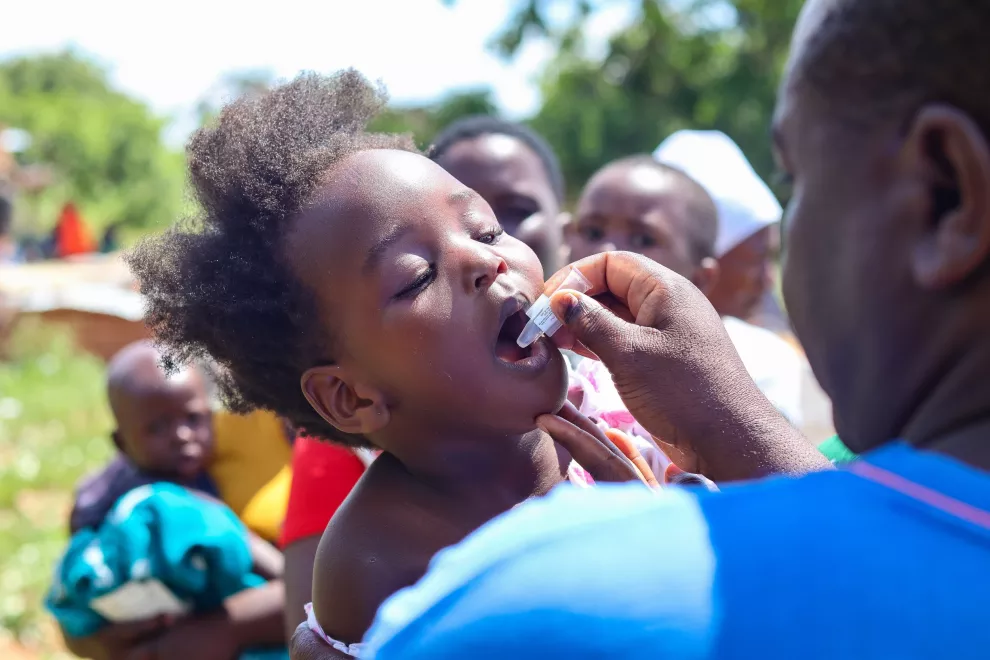
Khartoum, are facing a deepening water crisis alongside severe food shortages. Many now rely on fetching water from the Nile River using carts or purchasing untreated water, which has become increasingly scarce.
“We’ve been without water for 17 days. The situation is unbearable. Now we have to buy water, but prices are skyrocketing—two barrels cost 1,000 Sudanese pounds (about $1.66),” says local resident Ahmed Musa. For context, the average annual income in Sudan is $2,379, or roughly $6.50 per day, according to UN statistics.
The city’s vital water infrastructure, including a treatment plant on the Nile and several supply stations, has been severely damaged by ongoing fighting. A shortage of personnel and spare parts has further disrupted water networks across multiple districts, leaving tens of thousands of households without access to clean water.
The reliance on untreated water has led to a rise in illnesses, including cholera, a waterborne bacterial disease. As winter approaches, the escalating health crisis and lack of basic necessities threaten to worsen the humanitarian situation in Sudan.
Epidemic diseases such as cholera, malaria, measles, and dengue fever have emerged, resulting in hundreds of deaths. The health ministry has reported 25,037 cholera cases and 702 related fatalities.
On Friday, UNICEF warned that 3.1 million people, including 500,000 children under five, are at risk of cholera in Sudan. In response, the Sudanese Ministry of Health announced that a vaccination campaign targeting more than 1.4 million people against cholera has begun in the eastern and northern regions of the country.
